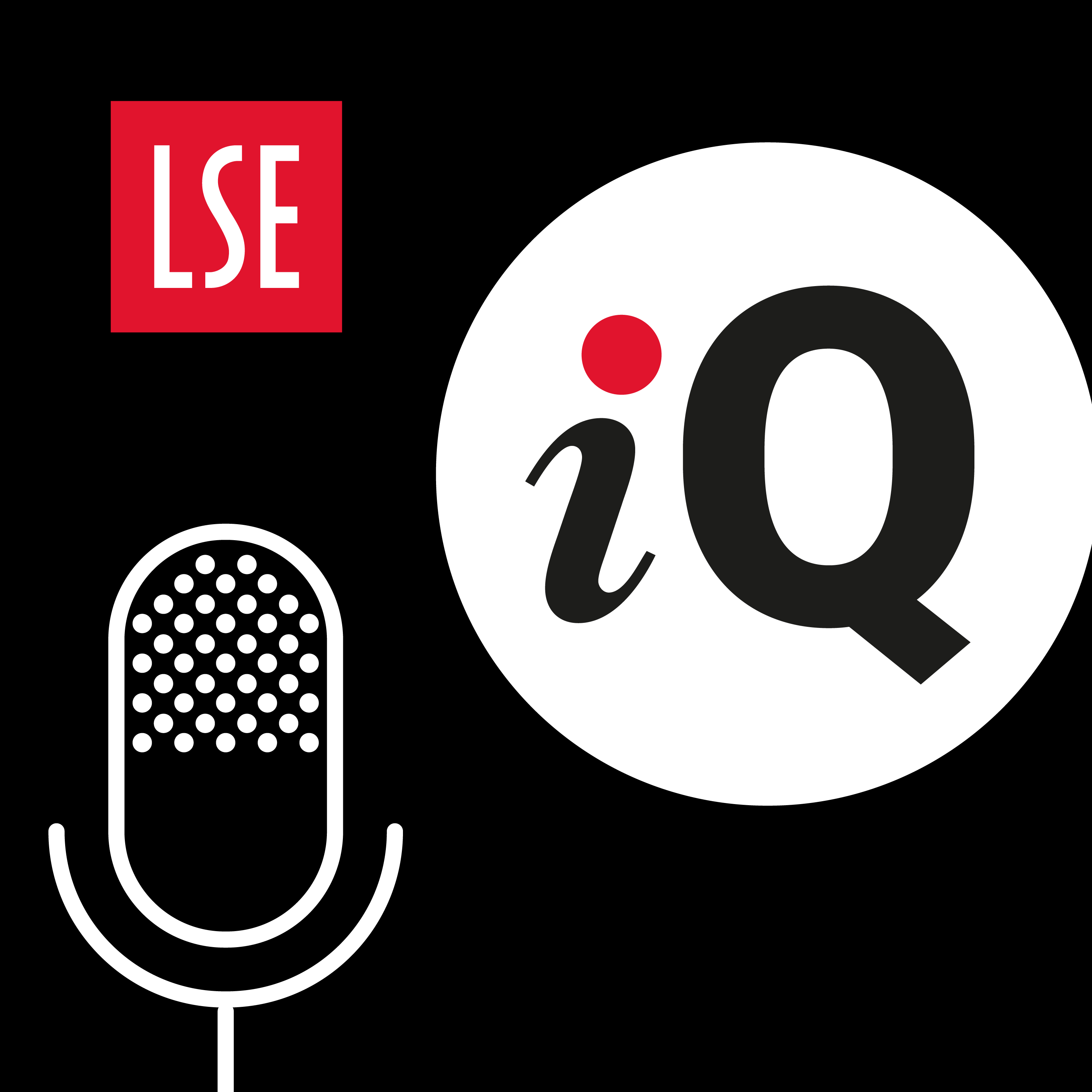Are we doomed, or can the climate crisis be averted?
Description
Contributor(s): Bob Ward, Svenja Surminski, Ivan, XR | This month’s episode of the LSE IQ podcast asks if the climate crisis can be averted. If you can, cast your mind back a few months. Can you remember a time when toilet roll wasn’t a prized possession? Or when going out meant more than a trip to the supermarket? You may recall talk of another crisis, one that threatened millions of lives and livelihoods. In the midst of the coronavirus pandemic, this episode turns its attention back to this other threat to our world: climate change. One of the few positives to emerge from the pandemic is a dramatic decline in greenhouse gas emissions. Both China and Europe are forecast to emit 25% less greenhouse gases in 2020 and in New York carbon monoxide levels have already dropped by 50%. As city smogs lift, fewer people are predicted to suffer strokes, or contract heart disease and lung cancer. While this drop will only be temporary, does the pandemic point to how bold action on the climate is possible? Or is it inevitable that hundreds of millions of people face hunger, drought and flooding? In this episode we talk to Ivan, a member of Extinction Rebellion, Bob Ward, Policy and Communications Director of the Grantham Research Institute on Climate Change and the Environment, LSE, and Svenja Surminski, Head of Adaptation Research at the Grantham Research Institute on Climate Change and the Environment, LSE.
More Episodes
Published 04/09/24
Contributor(s): Professor Christopher Coker | For the late Professor Christopher Coker the answer lay in the rise of a new political entity, the civilizational state. In an episode of LSE iQ which explored China’s position in the world in the coming century, Professor Coker talked about this, the...
Published 04/09/24
Contributor(s): Nikki Sullivan, Paul Frijters, Sarah Appleton, Helen | Joanna Bale talks to Helen, who found Ozempic ‘life-changing’, Clinical Psychologist Sarah Appleton, and LSE’s Nikki Sullivan & Paul Frijters.
Published 03/05/24


